Hamas and its sponsor, Iran, are keenly aware that non-Arab opinion sides with the underdog. That is why they have spent DECADES patiently building The Big Lie, the lie started by the Mufti of Jerusalem in the 1940s, the idea that Israel is an invading, oppressive aggressor, rather than a tiny beleaguered state surrounded by bitter enemies. This narrative, that Israel is the Big Bad, framed in classic new-Marxist terminology, has become embedded in the worldview of the West. It’s a lie, but not only does no one challenge it, even Jews are bamboozled by it. I despair of convincing my fellow Jews, let alone non-Jews, to look at the real history of the region, to see how Iran has been building this war since 1974. FIFTY YEARS, people. Our short attention span in the West is our undoing. We are not used to the idea of no compromise, of a hatred spread and deliberately cultivated for *generations*, of a rejection of every value the West holds dear. Most dangerous of all is the West shrugging off the entire conflict as a conflict between two religions they don’t share or care about. It’s remote. It’s “over there”. It’s not urgent. What the West does not know, and will not be told by its politicians or media, is that this conflict in Gaza is the *beginning*. This is the opening salvo in a war promoted and funded in Tehran, intending not just to erase Israel but every non-Islamic person, culture, and interest in Arab lands.
First they come for the Jews. No one will help Israel. When it falls, they will come for Christians, both in the Middle East and any country in Europe that offends Tehran. By the time America wakes up, it will be too late and we will be in a world war. World War I began with a single shot. World War III began on October 7, 2023. We just haven’t realized it yet.
I’m not afraid. I’m furious. I’m frustrated. And disgusted at the blind ignorance of America and Europe. Our liberal civilization is under attack by medieval Jihadists—and we defend them. They must find us hilariously naïve.

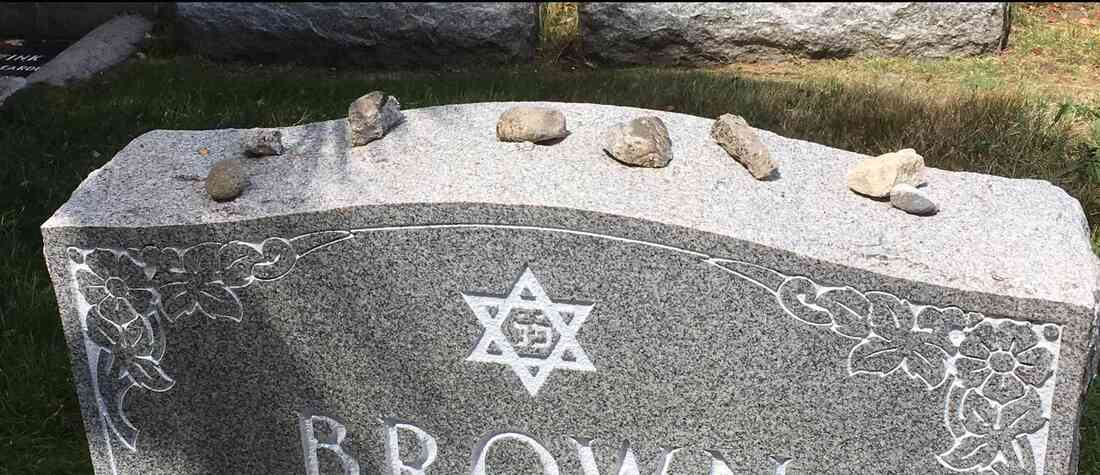
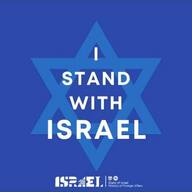

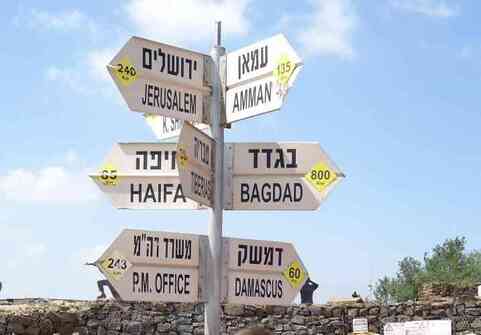

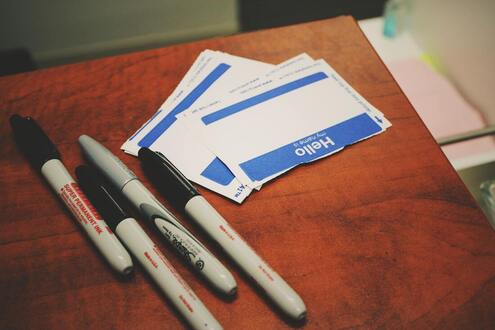

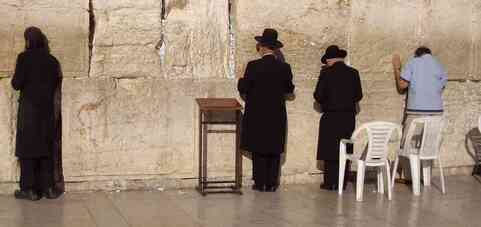
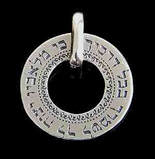
 RSS Feed
RSS Feed